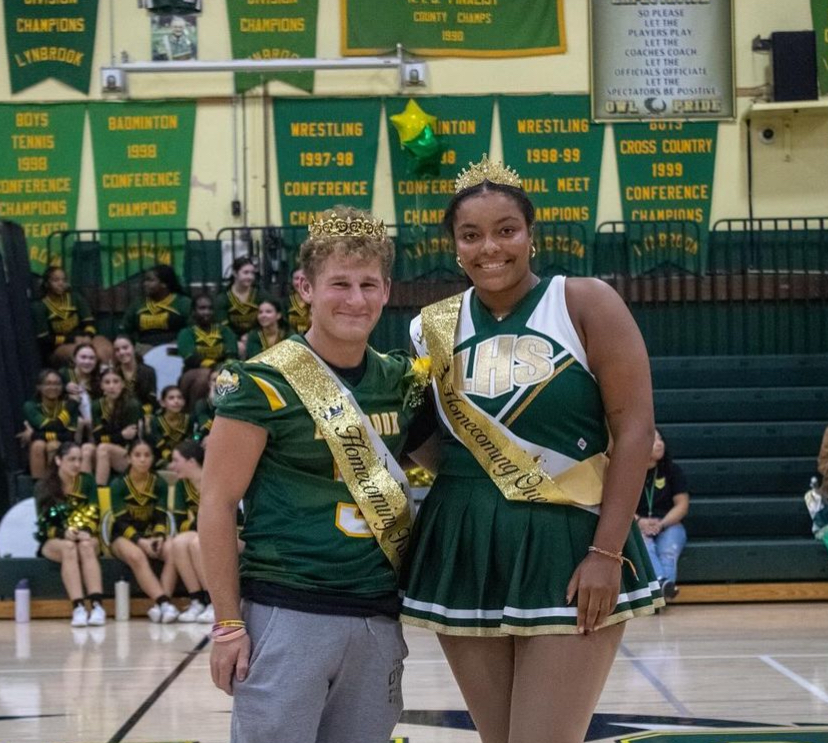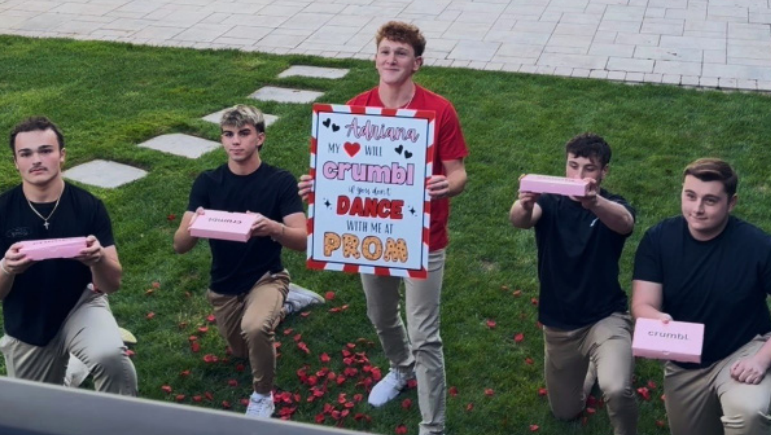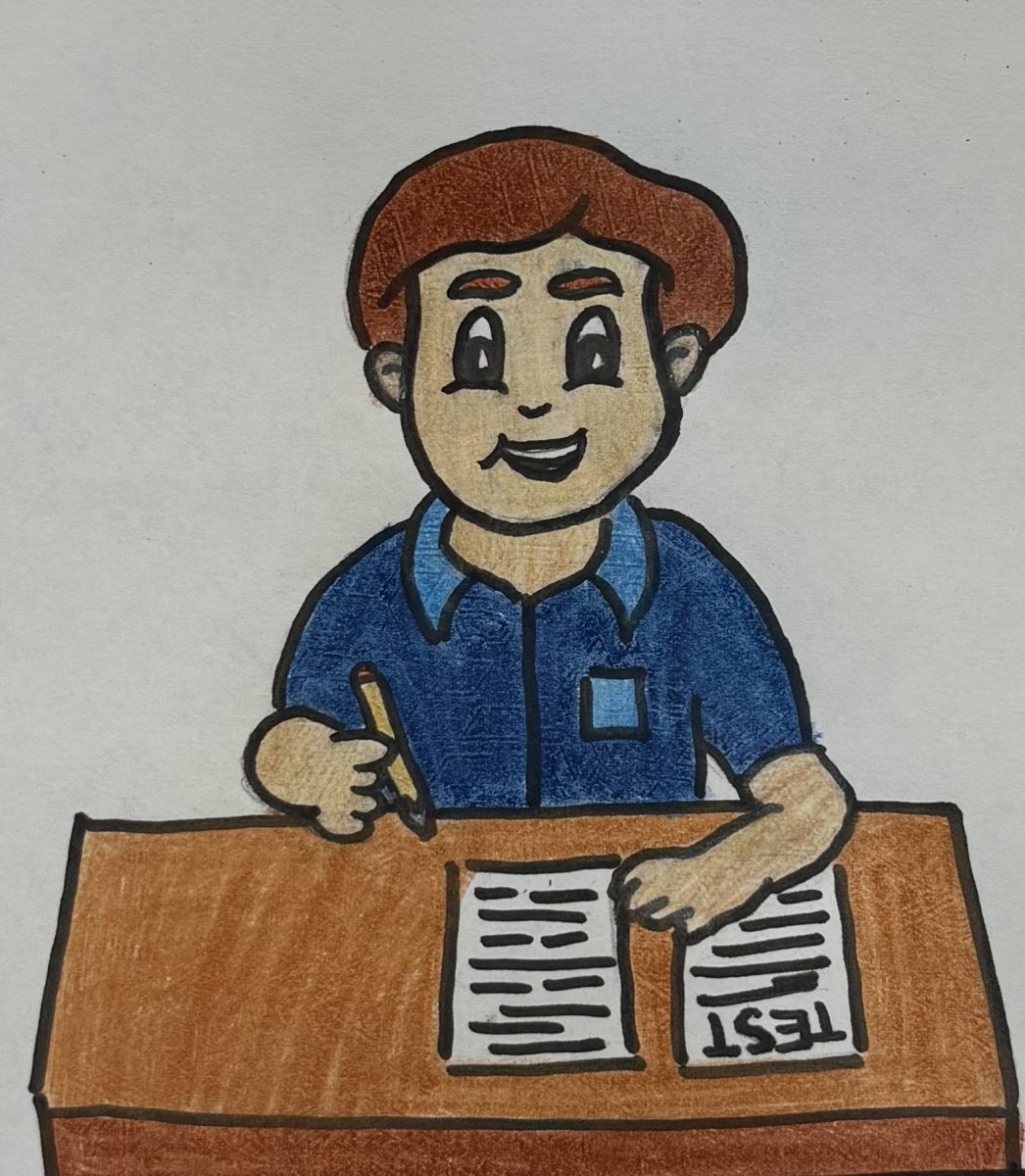Sitting at my desk, Google open, my cursor blinks repeatedly in the search bar. I was about to start my college research, but now I am rendered motionless, blankly staring at the screen. It has been months, yet I still struggle with what I consider a “college-research slump.” The amount of possible life paths diverge into endless roads on the horizon in front of me, but I am not excited. If anything, my stress is only growing. For countless students, the struggle of picking a major and college brings a lot of anxiety to mind. While it is now considered a common but major step in the lives of many teens, can you really plan your life at 17?
To be clear, the idea of going to a university and experiencing a world outside of my little bubble sounds exhilarating; however, the steps to getting there could not be more different. When researching schools, one of the first questions presented is often, “Campus life: what size campus and location best suits your needs?” While a valid question, many students struggle to find a clear answer. The majority of college applicants are 17 to 18 years old, a young age to determine the kind of environment you want to be in for the next four years. While it is possible to have some of this information figured out already, many students at this age are still getting to know themselves – exploring and discovering new hobbies, opportunities, and fields of study they may want to expand on. Sophomore Giovanna Cerino agrees: “I feel like [students] should be a little bit older when deciding because then you’re more developed and you have more of an idea of what you like and want to do.” Additionally, many who have long since set out on a specific major risk restrictive future opportunities due to their mindset.
Not having enough life experience and knowledge can be a step back in the game of admissions and can even cause students to procrastinate their research altogether. It does not help that the world feels like it is constantly pushing agendas of the future wherever a high schooler looks. From college fairs, junior meetings, and admission counselor visits, to posters around the hallways, conversations with teachers, and even looking at email inboxes, students are drowning in the talk of college and major life decisions. On top of their normal classes and extracurriculars, students are now being pulled in every which way, asked by those around them to make long-lasting decisions. These high levels of pressure can cause students to succumb to their stress and possibly make choices that will impact them negatively in the future.
A temporary solution to this problem is claiming the major “undecided.” Undecided students have the opportunity to explore different areas and majors of studies. However, this is only for the first two years of schooling. At the end of sophomore year of college, most schools require students to declare their major that they believe fits them best. Sophomore Connor Buxton elaborated on this idea: “I feel like the decision of committing to a college as undecided becomes harder if the majority of students who attend are all going for something that specific college offers. You get the chance to learn about different things and gain opportunities, but it still might be difficult to decide what college you specifically want to get into.”
On the other hand, some students believe that the right time to start thinking about colleges and majors is sooner rather than later. Junior Jazlene Ramos believes that this is the perfect age to decide our futures. “Younger [students] are more determined to continue with their interests,” Ramos explained.
Nevertheless, the young age that many students are expected to make big life decisions at is still questionable. Students will continue to experience external pressure and have blank minds when asked to answer an intense list of difficult questions. As a student caught in the eye of the college storm myself, we college hunting teens must stick together in this time of stress, overfilled inboxes, and overcrowded college fairs.

































